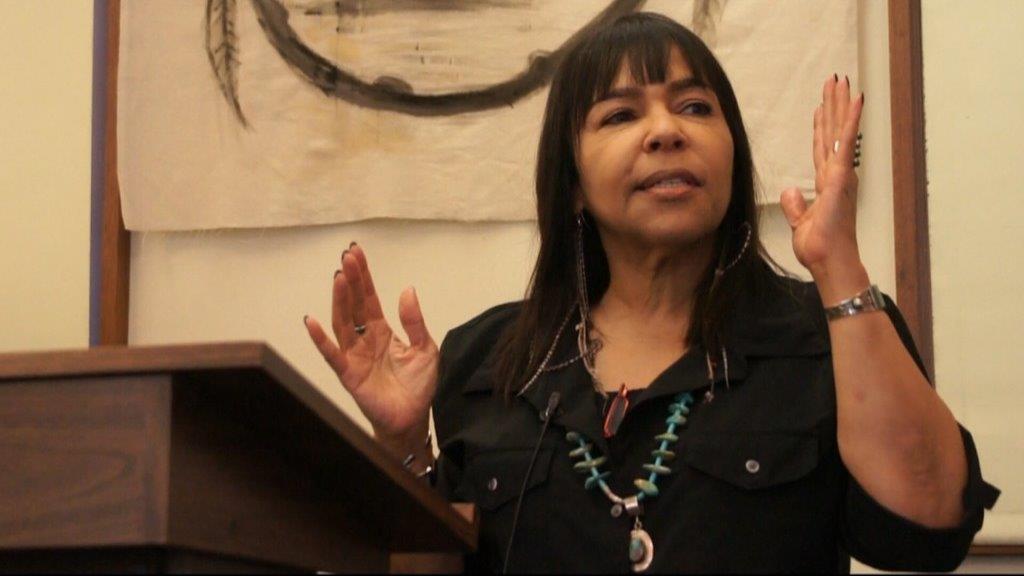Woodfish Institute
Purpose Prize Fellow 2014
This psychologist fosters the exchange of indigenous knowledge and Western technology to advance environmental sustainability.
In 2000, I opened the Woodfish Institute in San Francisco to develop and teach innovative approaches to mental health, blending modern psychology with indigenous health practices. I’m a Native American clinical psychologist in private practice. I’ve also studied with tribal shamans, healers and elders in four countries.
While designing the curriculum, I got a remarkable opportunity that transformed my vision for Woodfish from a place that teaches individual counseling into one that fosters planetary healing.
I received a Flow Fund philanthropy award in 2000, which allowed me to give away $20,000 a year for three years to any projects I chose. Among those I supported was a women’s bush medicine initiative in Australia and a Hokkaido shaman’s visit to the first psychologists’ training center in Tokyo.
-
36 philanthropic projects and 40 classes since 2000
-
Woodfish prize grants support Native American and Euro-American partners in social action projects
That’s when I developed the philosophy of ‘reciprocal transformation,’ in which indigenous knowledge and Western technology mutually enhance each other. It’s been our guiding philosophy ever since.
Conventional philanthropies have sought to solve global issues by addressing the imbalance between ‘deprived’ indigenous cultures and materially wealthy, technologically ‘advanced’ society. This narrow viewpoint ignores the alienation that leads the West todestroy its own life support systems and wastes the abundant knowledge of sustainable practices possessed by indigenous peoples. Additionally, it overlooks the critical reality of interconnectedness and blinds 21 st century philanthropy to global strategies of ‘reciprocal transformation,’ where all parties grow and benefit interactively.
This thinking has informed the projects, workshops and trainings offered at Woodfish, which are designed to engage all parties in shared, synergistic problem-solving. We also sponsor think tanks and grants that support the preservation and teaching of indigenous knowledge, assist shamans and healers and promote technology education. Since 2000, w e’ve supported 36 philanthropic projects and offered 40 classes.
Our focus is environmental sustainability. I believe the interaction between indigenous and technological worldviews can generate solutions to many of our world’s current grave dilemmas.
Our efforts involve a large network of healers, shamans and volunteers – both students and friends. The greatest gift I have received has been discovering how many people have been willing to give their time, energy and resources to help me carry out my vision.




